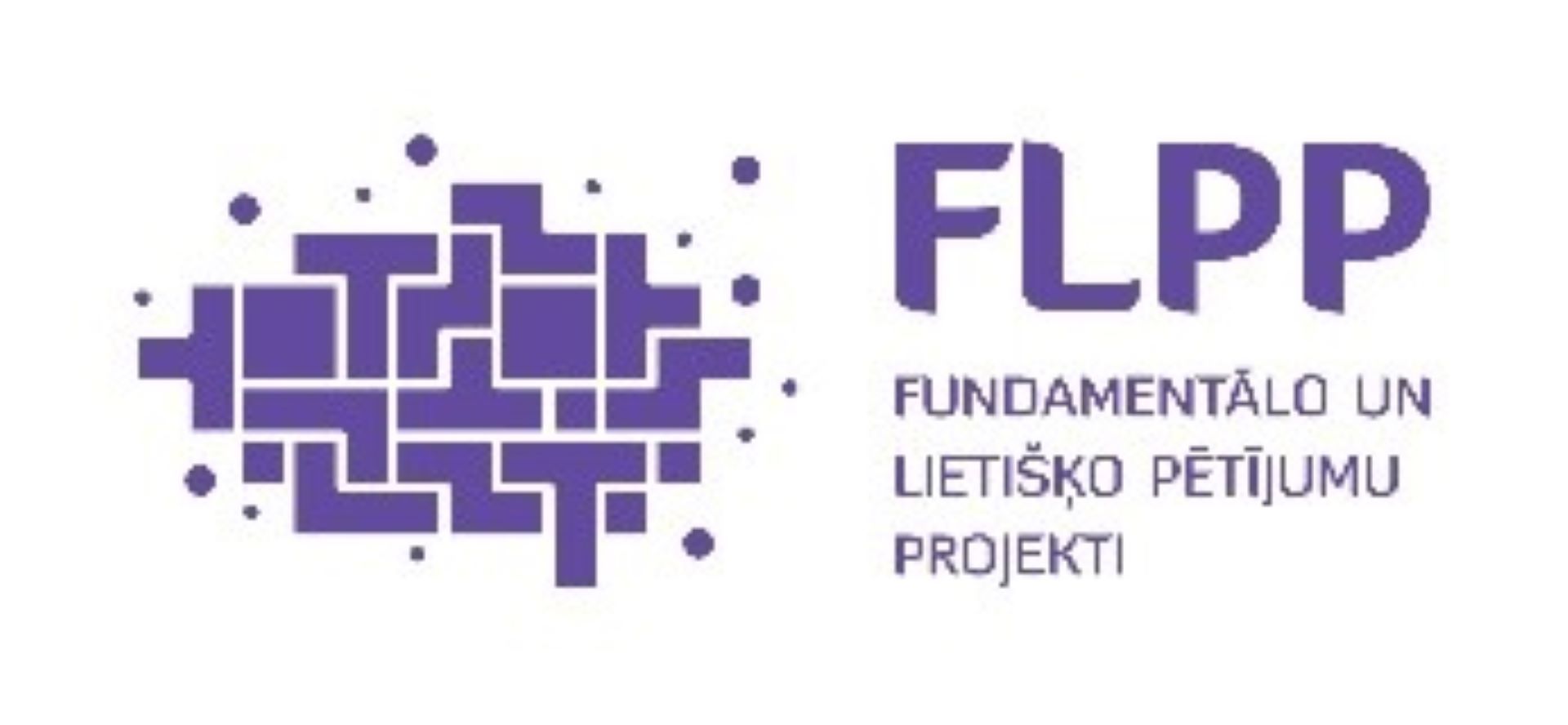To promote the regeneration of oral, facial and jaw tissues after surgical manipulations and to prevent the risk of infections, Riga Technical University (RTU) scientists, in cooperation with specialists from Riga Stradins University (RSU) are developing a new approach for controlled and local delivery of antibiotics and growth factors.
Injuries, tumors, inflammations, various diseases - there are many reasons for people to require mouth, face, and jawbone surgeries. For the post-surgical recovery process to be as successful and quick as possible, it is essential to reduce the risk of infections. In the Latvian Science Council project MATRI-X («Development of antibacterial autologous fibrin matrices for oral, facial and jaw surgery», LZP-2020/1-0054), scientists are developing new materials for the controlled delivery of clindamycin (a broad-spectrum antibiotic) and autologous growth factors at the site of surgery.
Drug delivery systems provide controlled and localized delivery and dosing of active substances, making treatment more effective and patient friendly. Patients no longer need to take drugs orally, because they are embedded in a biomaterial, from which they are released in certain doses and directly affect the damaged tissues in the body.
«In this research, we are creating drug delivery systems based on marine polysaccharides - chitosan and fucoidan - matrices, which contain active substances and platelet-enriched fibrin (PRF). Fucoidan is extracted from seaweed, while chitosan is obtained from shellfish. Further, PRF is an autologous or material obtained from the patient's blood, which contains growth factors and promotes healing and tissue regeneration. Using the patient's own blood cells also reduces the risk of allergic reactions. This method of personalized medicine is already used in cosmetology, as well as in the therapy of back and joint diseases,» explained Arita Dubņika, head of MATRI-X and leading researcher of the RTU Institute of Biomaterials and Bioengineering of the RTU Faculty of Natural Sciences and Technologies.
In the project, matrices are created in the form of both hydrogels and microparticles. Therefore, with further development, this biomaterial could be both implanted and injected for tissue replacement according to the patient's individual needs. The physicochemical properties of the newly developed drug delivery systems, the effect of PRF and antibiotic combinations, antibacterial activity, release rate, and duration are also being investigated.
RTU's cooperation partner, MATRI-X, is RSU lecturer and RSU Stomatology Institute anesthesiologist-reanimatologist Ilze Šalma, while RSU Department of Biology and Microbiology associate professor Ingus Skadiņš is involved in the project to determine the antibacterial properties.
«Research into new medical methods, especially if they include medicinal substances, is a long-term process. When creating solutions that could improve the quality of life of patients in the future and promote the development of a modern medical care system, all possible negative risks must be excluded,» emphasized A. Dubņika. She added that this research is ongoing.
A. Dubņika talks about the research on the «Naba» radio «In the Name of Science» program.

